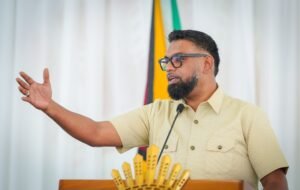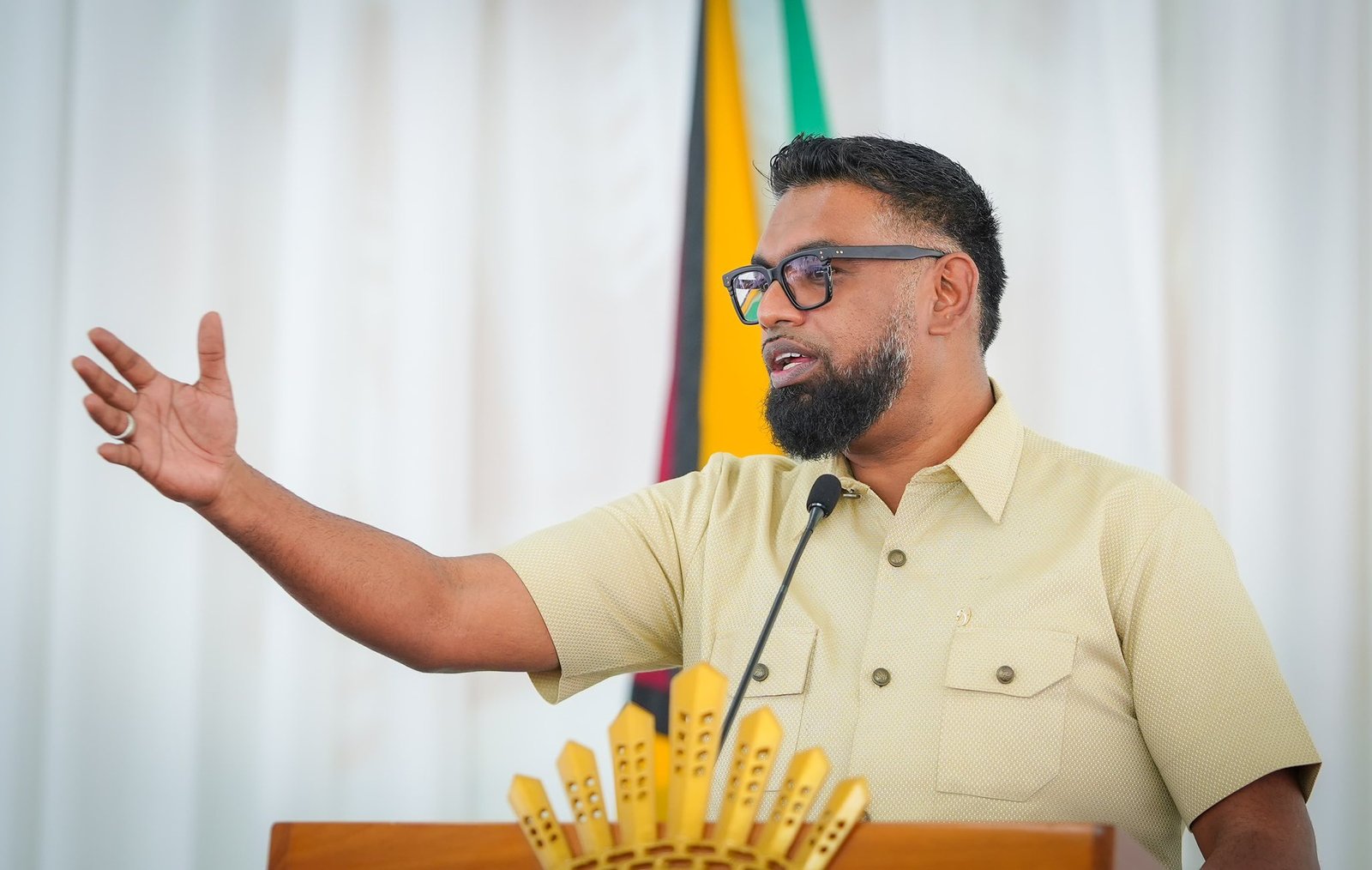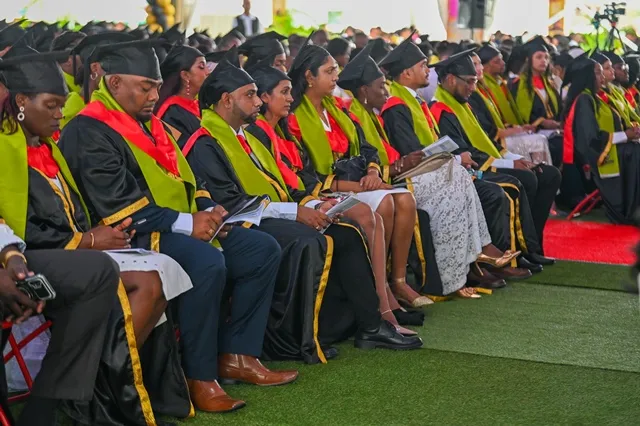Guyana’s impending constitutional reform should explicitly address the challenges and opportunities of the digital era, including artificial intelligence (AI) – so says President Irfaan Ali. During remarks at a World Press Freedom Day forum on May 3, President Ali argued that the national constitution, last overhauled in 2003, does not yet cater for the realities of AI and digitisation and must be updated accordingly. “Within the next 12 months, we must have a clearly defined framework for AI and digitisation in every sphere of public life,” Ali asserted, indicating that his administration plans to develop such a framework and incorporate it into the constitutional reform process.

This push comes as Guyana rapidly digitalises – from e-governance initiatives to a burgeoning tech sector – and grapples with how to regulate new technologies. President Ali gave the example of the United Kingdom, which has begun assigning greater responsibility and regulation to AI-driven news and online content. He suggested Guyana should learn from such models to ensure accountability in cyberspace. The President’s concern is that freedoms enshrined in the Constitution, like free expression and press freedom, were written “at a time when digitisation and AI was not there.” As a result, issues like misinformation on social media, data privacy, cybercrime, and AI-generated content currently fall into grey areas.
Ali’s call implies that the ongoing constitutional reform consultations will not only revisit traditional governance issues (like the powers of the presidency or electoral systems) but also new frontiers such as digital rights and responsibilities. For instance, one idea floated is to constitutionally establish principles for data protection and to clarify how freedom of speech applies on social media platforms. Another is to mandate transparency for government use of AI algorithms. The President did not go into specifics, but his administration has already begun moving in this direction: just last month, in a speech in California, Ali proposed an international AI Investment Fund to help developing countries like Guyana adopt AI ethically and bridge the digital divide.
Attorney General Anil Nandlall, who heads the Constitutional Reform Commission, welcomed the President’s input. Nandlall noted that Guyana’s 1999–2001 constitutional changes predated the social media age, and agreed that new provisions may be needed so that laws can effectively govern online behavior and AI applications. “The constitution is a living document. It must evolve with society,” Nandlall said at a recent forum, adding that public submissions on digital issues are encouraged.

Civil society groups like the Guyana Press Association and internet advocacy nonprofits have signaled support for addressing digital rights in the reform. They urge caution, however, that any new measures must not censor legitimate expression. President Ali echoed this balance, emphasizing that the goal is a “balanced regulatory environment” for AI – encouraging innovation while ensuring transparency and accountability As Guyana hurtles into an oil-fueled future with big plans for a knowledge economy, it appears set to become one of the first CARICOM states to explicitly weave the digital revolution into its supreme law.
- Bridging a Nation: Inside Guyana’s Transport Revolution and the Race to Connect
- Blue Economy Rising: Guyana’s Push to Harness the Ocean Beyond Oil
- AFC Calls for Independent Counsel at GECOM — Government Says Safeguards Already Exist
- The Future of Financial Literacy in Guyana: A Government-Driven Initiative for Sustainable Growth




